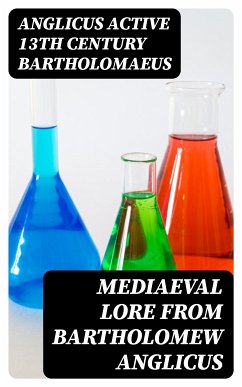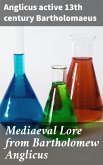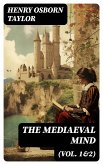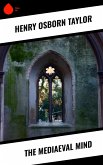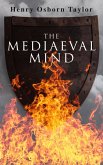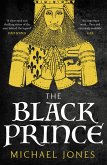In "Mediaeval Lore from Bartholomew Anglicus," the renowned 13th-century scholar Bartholomaeus offers a remarkable compendium of medieval knowledge, blending folklore, natural history, and philosophy. Written in a didactic style that reflects the scholasticism of the era, this work reveals the rich tapestry of contemporary beliefs and practices regarding nature, medicine, and moral philosophy. Anglicus meticulously organizes a plethora of information, from the characteristics of animals to the significance of various plants, allowing readers to glimpse the worldview of those in the Middle Ages. His prose exhibits clarity and accessibility, making the intricate web of medieval lore engaging and informative for his audience. Bartholomaeus Anglicus was an influential Franciscan scholar whose works were rooted in the traditions of both classical antiquity and early Christian thought. His extensive education and position within the monastic community provided him with a unique lens through which to explore the interplay of nature and divinity. Anglicus's synthesis of knowledge reflects the era's intellectual curiosity, as well as a desire to bridge the gap between faith and reason, which undoubtedly influenced his approach to compiling this extensive treatise. "Mediaeval Lore from Bartholomew Anglicus" is highly recommended for anyone interested in the history of ideas, as well as students and scholars seeking to understand the cultural and intellectual context of the Middle Ages. This work serves as a crucial resource, enriching our understanding of how medieval people interpreted their world, blending myth and emerging scientific thought in a way that continues to resonate today.
Dieser Download kann aus rechtlichen Gründen nur mit Rechnungsadresse in A, B, BG, CY, CZ, D, DK, EW, FIN, F, GR, H, IRL, I, LT, L, LR, M, NL, PL, P, R, S, SLO, SK ausgeliefert werden.

